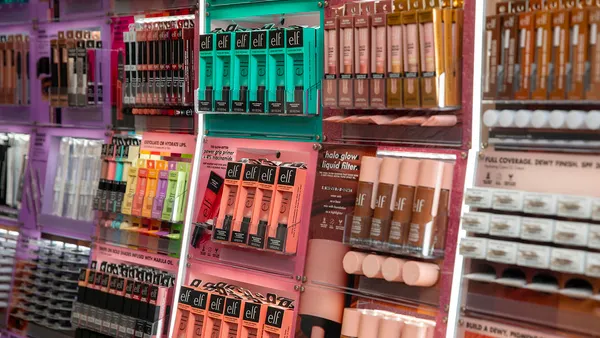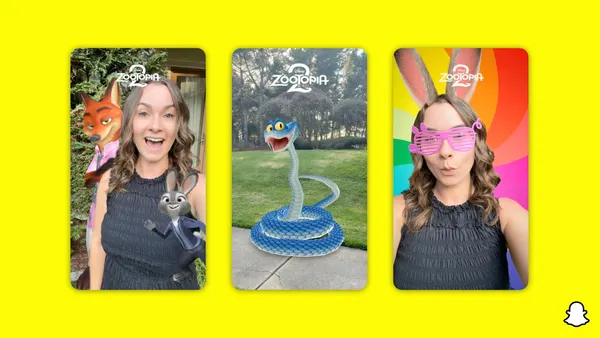Brief:
- Microsoft will wind down its voice-powered Cortana app in several countries by the end of January, per an announcement on its website. The software maker confirmed to The Verge that it will end support for the Cortana mobile app in the U.K., Australia, Canada, China, Germany, India, Mexico and Spain.
- The Cortana app for iOS and Android will continue operating in the U.S. after Jan. 31, but it's unclear how long Microsoft will keep supporting the mobile version of the virtual assistant beyond that date. Microsoft said in the announcement it will focus on integrating Cortana with its suite of Microsoft 365 productivity apps that include Word, Excel, Outlook and PowerPoint.
- Cortana content such as reminders and lists will no longer function in the Cortana app or in an updated version of Microsoft Launcher, a program that helps to integrate Android with Windows. However, Cortana users can still access the functions on Windows.
Insight:
Microsoft in public statements said it's integrating Cortana with its Microsoft 365 productivity apps instead of killing it off entirely, but has shown other signs of pulling back on the voice-powered technology on other platforms like mobile or smart speakers.
CEO Satya Nadella in January said he no longer saw Cortana as a competitor to rival virtual assistants like Amazon Alexa, Google Assistant and Apple's Siri. Instead, the company had been working to position Cortana as an additional app that worked with those voice-powered platforms, ZDNet reported.
Withdrawing Cortana as a standalone app in several major markets could signal that Microsoft will end support for the app in the U.S. at some point. The backpedaling is another strong indication that Cortana didn't see widespread adoption on mobile devices or smart speakers, which are dominated by companies such as Amazon, Apple, Google and Samsung.
Samsung and Apple own the largest share of the smartphone market, though they face growing competition from lower-cost Chinese manufactureres. Unlike Apple, which has its own mobile operating system, Samsung and other handset makers rely on Google's Android platform. That gives the search giant a key advantage in showcasing its Google Assistant to handle voice commands.
Even Samsung has faced difficulty unseating Google's technology with its own Bixby virtual assistant that launched in 2017. By ending support of a dedicated Cortana app, Microsoft appears to be shifting focus toward business customers that use the Microsoft 365 suite, so users can access Cortana to hear emails read aloud while they're on the go.
Some of Microsoft's struggles with popularizing Cortana likely center around its relative lack of smartphones and mobile devices compared to competitors, though the company announced in October a folding phone set to hit shelves in late 2020. Amazon gave up on selling smartphones in 2015, but is the dominant marketer of smart speakers powered by its Alexa voice assistant.
Microsoft dallied in smart speakers two years ago with the introduction of its Invoke device made by Harmon Kardon that ran on Cortana, but the device didn't gain much market acceptance. Consumers instead have favored smart speakers by Amazon and Google, although Chinese tech companies Alibaba, Baidu and Xiaomi have seen rapid growth in their home country. Amazon's market share in smart speakers was about 37% in Q3 as shipments jumped 66% to 10.4 million from a year earlier, per researcher Canalys.













